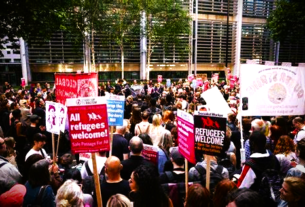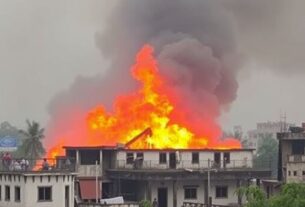Tensions are once again simmering in England’s healthcare system as senior medics caution that further strike action by junior doctors may no longer be an effective strategy. Following months of industrial action overpay and working conditions, senior consultants and NHS leaders are signaling that continued disruption could risk damaging patient trust and lead to diminishing public sympathy for frontline medical staff.
The warning comes as junior doctors consider fresh rounds of walkouts, frustrated by what they see as inadequate government offers and a lack of urgency in negotiations. But several leading consultants have now expressed concern that ongoing strikes, though understandable, may be reaching a point of futility. With no clear signs of movement from ministers and increasing pressure on hospitals, they argue that the strikes are inflicting more pain on patients than progress in talks.
One senior NHS advisor, speaking on condition of anonymity, said the current standoff appears to be “stuck in a loop,” with both sides entrenched and unwilling to concede. “The doctors are exhausted, and so is the public. Every cancelled appointment, every delayed surgery chips away at trust in the system. Eventually, the impact falls hardest on the very people these doctors entered medicine to serve.”
Junior doctors, however, maintain that their demands are fair and necessary. They argue that real-terms pay has eroded significantly over the last decade, leaving many struggling under the weight of long hours and financial stress. For them, the strikes are about securing not just better wages, but a sustainable future for the profession itself. But with little public movement from government officials, senior medical voices now worry that prolonged disruption could begin to backfire.
The British Medical Association has not officially announced additional strike dates, but internal discussions are ongoing. Some within the profession believe the focus should now shift to creative forms of advocacy or renewed political pressure, especially as the next general election looms.
What’s clear is that the current deadlock serves no one, neither doctors fighting for recognition nor patients waiting in limbo. Without meaningful engagement from government leaders, however, the system risks further fracturing. For junior doctors caught between principle and pragmatism, the path forward may now require not just resolve, but reinvention.




